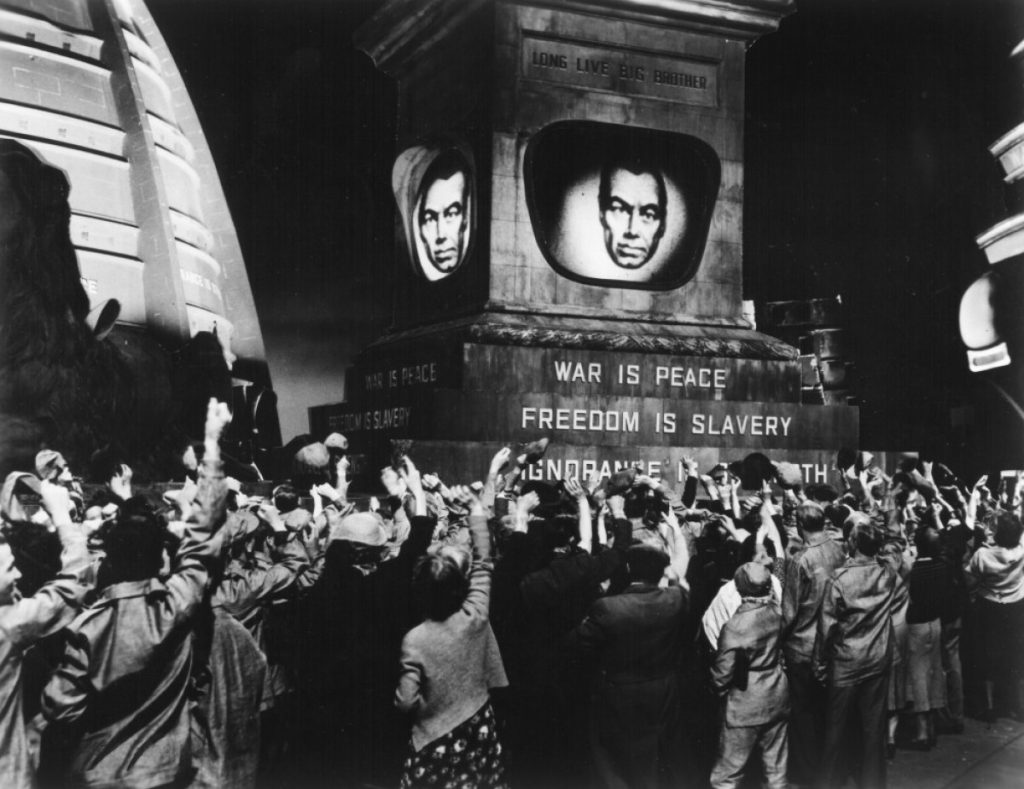Jagdish Rattanani
Union Home Minister Rajnath Singh December 20 addressed the inaugural session of the Directors General and Inspectors General of Police conference in Gujarat where he declared that the “internal security of the country has vastly improved, particularly in the North-East and the LWE (Left Wing Extremism) affected States”.
The same day, the ministry of home affairs issued an order that authorised security and intelligence agencies to intercept, monitor and decrypt any information generated, transmitted, received or stored in any computer resource under the Information Technology Act, 2000 and the Information Technology (Procedure and Safeguards for Interception, Monitoring and Decryption of Information) Rules, 2009. Ten authorities are now formally authorised to read your computers – the Intelligence Bureau, the Narcotics Control Bureau, the Enforcement Directorate, the Central Board of Direct Taxes, the Directorate of Revenue Intelligence, the Central Bureau of Investigation, the National Investigation Agency, the Cabinet Secretariat (RAW), the Directorate of Signal Intelligence (For service areas of Jammu & Kashmir, North-East and Assam only) and the Commissioner of Police, Delhi.
The order has brought up fears of the Orwellian State. The alarm, of course, is first at the prospect of an over-reaching government prying into the digital space, where almost all activity, including mundane day-to-day living is planned, tracked and stored. The alarm is equally a reflection of the lack of credibility of a government that is generally intolerant of criticism and is noted for its propensity to tread on institutional independence. The government has argued that the notification does not confer any new powers and merely codifies existing powers so that they are used in accordance with the law.
The question here is whether this will lead to increased, pervasive and mass surveillance, whether intended or not, even if each case still has to be pre-certified by the designated competent authority before action as stipulated in the order is initiated. The order published in the Gazette makes no such requirement. The government, however, says so explicitly in a formal release made after the order was issued: “Each case of interception, monitoring, decryption is to be approved by the competent authority ie Union Home secretary. These powers are also available to the competent authority in the State governments as per IT (Procedure and Safeguards for Interception, Monitoring and Decryption of Information) Rules 2009.” The implications of this and the attendant legalese will, in all probability, be fought out in the courts.
The only oversight we have here is the bureaucracy supervising and authorising the bureaucracy, which is not a safeguard at all
That is only one aspect of a larger problem that has been with us for long, which is the government relying on itself to decide on the need or correctness of its actions rather than a judicial authority or a committee that has representatives from Opposition parties taking this decision. The only oversight we have here is the bureaucracy supervising and authorising the bureaucracy, which is not a safeguard at all.
What we will see is surveillance as a routine mechanism, paper pushing with a fig leaf of supervisory control. A review committee is required to meet every two months but that, too, is made up of bureaucrats. Kapil Sibal of the Congress is, therefore, not wrong in saying: “Home Secretary is their own man. Whoever makes an intervention, be it CBDT or Commissioner of Police, the home secretary will stamp it . . . these powers can be delegated as well. These can be given to different organisations, other states. This is a bad step.”
Yet, this is the broad pattern of telephone tapping as well. We have a broken system fortified with more executive power. As the government has said in a statement that is meant to be its defence but which also points to the wider aspect of the problem: “Adequate safeguards are provided in the IT Act 2000. Similar provisions and procedures already exist in the Telegraph Act along with identical safeguards.”
There is no doubt that we live in difficult, even dangerous times. The threats cannot be overstated and it is the task of the ministry of home affairs to work with states to help keep people safe.
But to anyone who knows or understands how government agencies work, our methods are crude, our investigative capacities are poor if not non-existent and power over the lives of ordinary people is virtually limitless, circumscribed by oversight that is formally in place but practically not effective. This is made worse by corruption that is almost all pervasive. As a result, the principle of innocent until proven guilty is often turned on its head, rights of common citizens are routinely violated and the process of investigation itself becomes the punishment under a bureaucracy that is ballooning and has its hands bloodied.
Not all of this, though, comes from the current BJP government. It is a historic malady, caused by a variety of factors including poor investments leading to the need for ugly shortcuts and the legacy of the British that continues to live and take its toll on India in the name of protecting its citizens.
What we see is the desire to pry, snoop, search but without the rigorous due process that must accompany this. This is India being pushed into a police state. By naming agencies that can now snoop, with only rudimentary supervision, the government has set the stage for wider snooping clothed in protection and legal sanctity not for those snooped upon but for those snooping. These measures do not advance the cause of democracy.
The BJP can continue to say it is doing what the Congress has done in the past but in that it proves that it is as undemocratic and unmindful of the rights of the people as anyone else, if not worse, given its conduct. The deep disdain for democratic principles shows.
©the billion press
The writer is a journalist and faculty member at SPJIMR.
